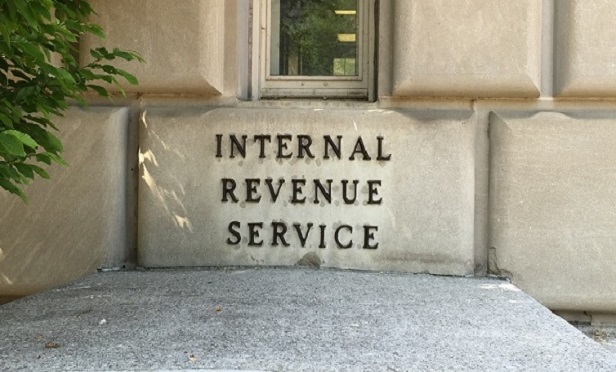

NOT FOR REPRINT
IRS Extends 'Popular' Tax Provisions
News February 26, 2020 at 03:28 PM
Share & Print

NOT FOR REPRINT
© 2025 ALM Global, LLC, All Rights Reserved. Request academic re-use from www.copyright.com. All other uses, submit a request to [email protected]. For more information visit Asset & Logo Licensing.


